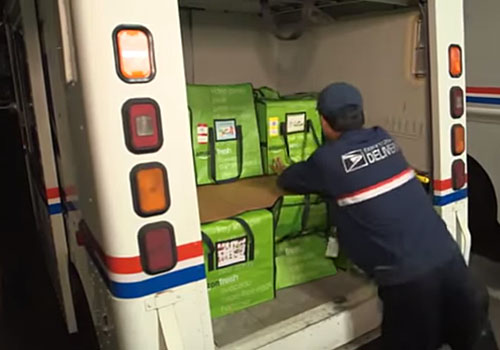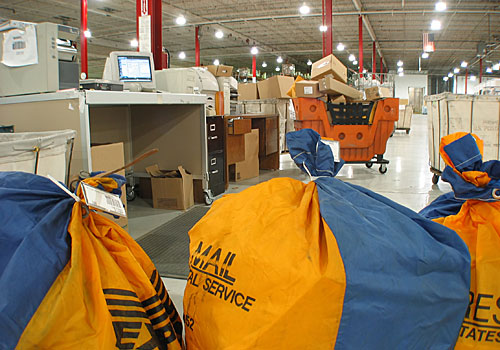
Fuel prices are latest threat to USPS bottom line
USPS, already facing a $6bn budget deficit for this fiscal year, could find itself in an even deeper hole if fuel prices continue to rise, postal officials told Congress on 20 May.
USPS, already facing a $6bn budget deficit for this fiscal year, could find itself in an even deeper hole if fuel prices continue to rise, postal officials told Congress on 20 May.
Low fuel prices have crept up in recent weeks — by an average of 11% just this month, according to the Energy Department. And that means a big expense for the Postal Service, where each one-cent increase in the price of gasoline adds $9m to the annual fuel bill.
Postal officials say the increases aren’t a problem yet. In fact, they are behaving normally: Fuel prices typically rise at the start of the summer driving season.
But William Galligan, the Postal Service’s senior vice president for operations, said gas prices are cause for concern.
“We are projecting the ability to cost-cut $5.9bn, and we are on track to do that, but there are presumptions in there based on the price of energy,” Galligan said at a hearing of the House Oversight and Government Reform subcommittee on the federal workforce, Postal Service and the District of Columbia.
The Postal Service is already making billions of dollars in cuts this year, including a push to eliminate 100m work hours. Postal officials and union leaders are also pushing for quick passage of HR 22, a bill that would allow the Postal Service to defer a $2.3bn contribution to its future retiree health benefit trust fund. The bill was introduced in January; it has languished in committee since.
The subcommittee was supposed to mark up the bill on 19 May, but the mark-up was postponed. Rep. Stephen Lynch, D-Mass., the subcommittee chairman, said he is waiting for the Congressional Budget Office to “score” the bill — to measure its full cost. CBO says that scoring should be done within a week, and Lynch promised to mark up the bill shortly after the Memorial Day recess.
If Congress doesn’t pass HR 22 by 30 September, the end of the fiscal year, the Postal Service will find itself unable to make its full contribution — $5.4bn — to the trust fund.
“We would run out of cash. … There becomes a choice when you’re at the brink of insolvency: Do you pay employees, do you pay suppliers, or do you not pay this $5bn?” Galligan said. “We break the law by not paying that. Not a place we want to be at.”












